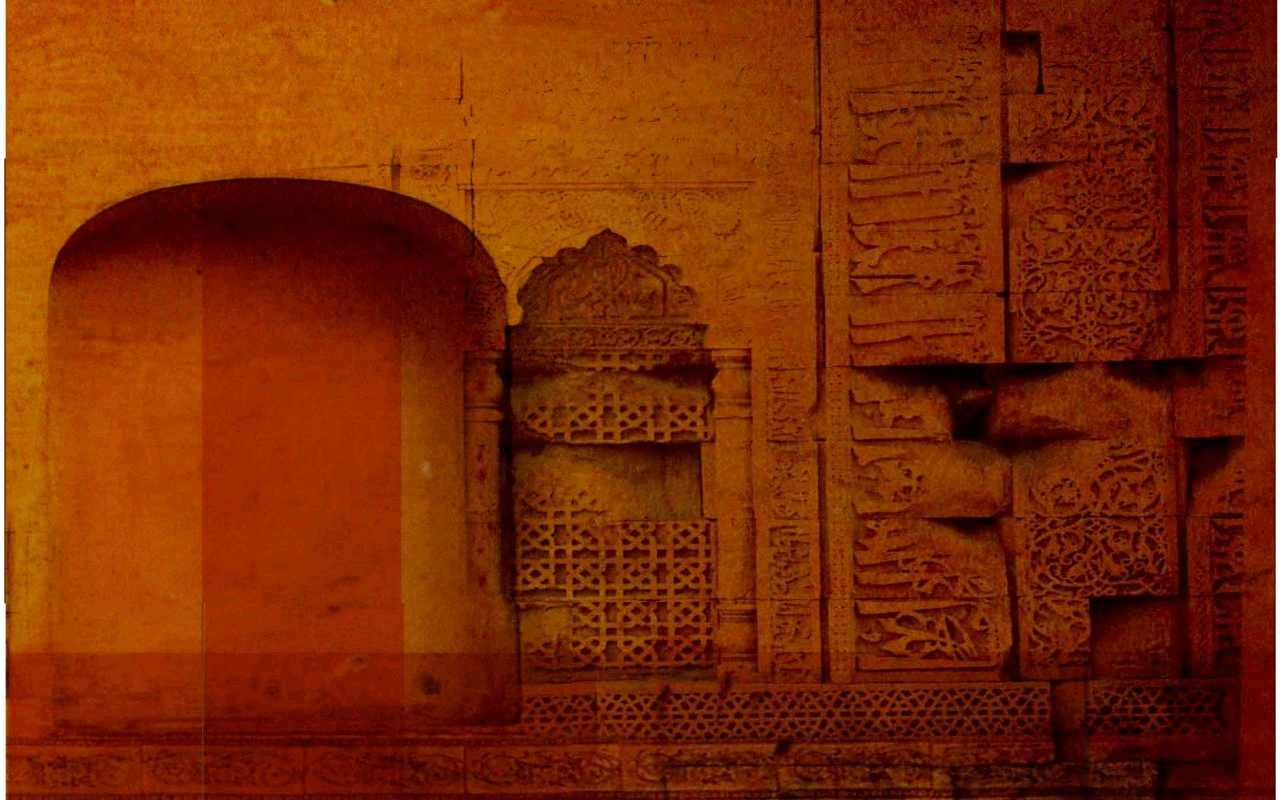“Some years ago Valerie Eliot disclosed a fact which may have meant very little to most readers though it is a significant statement for this book. She wrote: “Tom often used to say his life was a Dostoevsky novel written by Middleton Murry.” This statement will become meaningful towards the end of this book. For the time being suffice it to say that it is an insight into Eliot’s psyche, where Murry seems firmly planted. If Eliot’s life could be seen in terms of a novel then Murry must be its author. Towards the end of the fourth chapter, the reader, if he agreed with me, would see that Eliot rarely made a statement truer than this. To me, Eliot’s statements are almost never truly felt, genuine utterances, but the results of his pragmatic needs. To get to the real Eliot, we would have to do what he most disliked – pry into his private life. This is possible either through his letters, partly through his recent biographies, or through a detailed study of his debate with Middleton Murry. This last proposition seems to me an indispensable way of knowing Eliot because his letters may not contain every aspect of his development, the biographies may not fully develop the growth of his mind, but his prolonged debate would show the very forces which shaped his critical thought. In a realistic assessment of Eliot, the three must supplement each other.
The debate was unique in that it involved two literary critics who were behind the Modern Age in English literature. These two critics were also editors and literary men each of whom (along with others like D. H. Lawrence and Aldous Huxley) could have emerged as the towering literary genius of the times. There have been several literary debates . . . But the one between Eliot and Murry has no parallel. It was the most significant literary occurrence of modern times not only because it was behind the making of England’s leading modernist critic – Eliot – it was also responsible for creating a literary climate in which an amazing amount of literary criticism and theory found its genesis.”

Comments